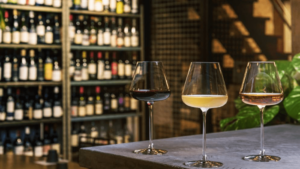해외밤알바

Students, 해외밤알바 retirees, and those who are looking for additional money are some of the most common types of people doing part-time employment in today’s society, which is known for its rapid pace and constant evolution. Part-time employment provide a broad variety of alternatives for individuals to investigate, including students who are interested in gaining …







